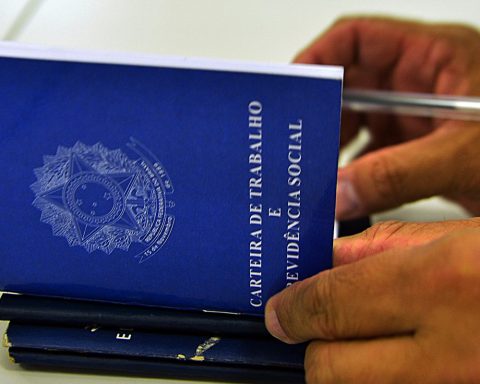Specialists defended today (12) the need to include the color or race item in the medical records, records and registration of the Unified Health System (SUS) as a way to improve public policies aimed at the black population of the country. The measure, they say, will help reduce inequalities in access and treatment in the public health system.
The inclusion of the race/color item in SUS records is contained in Bill (PL) 7103 of 2014, which is being processed by the Constitution and Justice Commission (CCJ) of the Chamber of Deputies. The proposal amends the Racial Equality Statute at the point it deals with health actions aimed at the black population.
The subject was the object of a public hearing in the collegiate. In the assessment of the assistant dean of student affairs at the São Paulo School of Nursing, Federal University of São Paulo Unifesp, Luciana Alves, this type of information is needed to more efficiently define epidemiological data for the implementation of public policies aimed at the black population.
Luciana cited as an example the need for more information on diseases with greater prevalence in the black population, such as sickle cell anemia and arterial hypertension. According to her, this information will help fight racial inequality in access to health care, as it will bring statistical evidence on the subject.
“I say I can only bring them [evidências da desigualdade no acesso à saúde] if there is a classification of people with color, race, using the official terms of the IBGE [ Instituto Brasileiro de Geografia e Estatística] and looking at how this right to health, access to health is distributed among the self-classified groups”, he argued.
The teacher reminds that the inclusion of the item color or race also aims to raise awareness about the importance of self-declaration by users and workers in the public health network.
“When we assume that we see skin colors and that this leads to unequal behavior, even if unconscious, we need to bring up the awareness of doctors, medical nurses, health professionals that it is not possible to dispense a public service, therefore, for everyone, in such an unequal way, as we have in Brazil”, he said.
The dean of Unifesp’s Escola Paulista de Enfermagem, Anderson da Silva Rocha, also stated that the measure will enable greater knowledge of the issue. The professor said that from the recognition of the relevance of the issue, it starts to enter the public agenda so that solutions can be sought.
“Creating information is also creating a responsibility for the government to fulfill its role”, he said. “We do not have a system that is equitable and egalitarian in terms of access to health care for the population and this urgently needs to be corrected,” he added.
Currently, the information on the item race/color is already included in the SUS information system, in compliance with a 2017 Ministry of Health ordinance. According to the director of Health Analysis and Surveillance of Non-Communicable Diseases, of the Health Surveillance Secretariat from the Ministry of Health, Giovany França, even with the ordinance, the folder is in favor of the approval of the project.
“Knowledge is fundamental for the construction of equitable policies and actions”, he said. “We are in favor of the project and we recognize the importance of race/color and skin color as an important demographic characteristic that allows us to better characterize the health situation in the country and show these inequalities,” he added.
Deputy Orlando Silva (PCdoB-SP), who presided over the work, said he was confident in the approval of the proposal in November, when the National Day of Black Consciousness, celebrated on the 20th, is commemorated. Zumbi, one of the leaders of Quilombo dos Palmares.
“When we reflect on the health of the black population, when we approve an initiative that will allow the collection of information about the health of the black population, we offer the State inputs so that we can structure public policies that are effective in combating problems that affect in particular the Brazilian black population”, he said.















